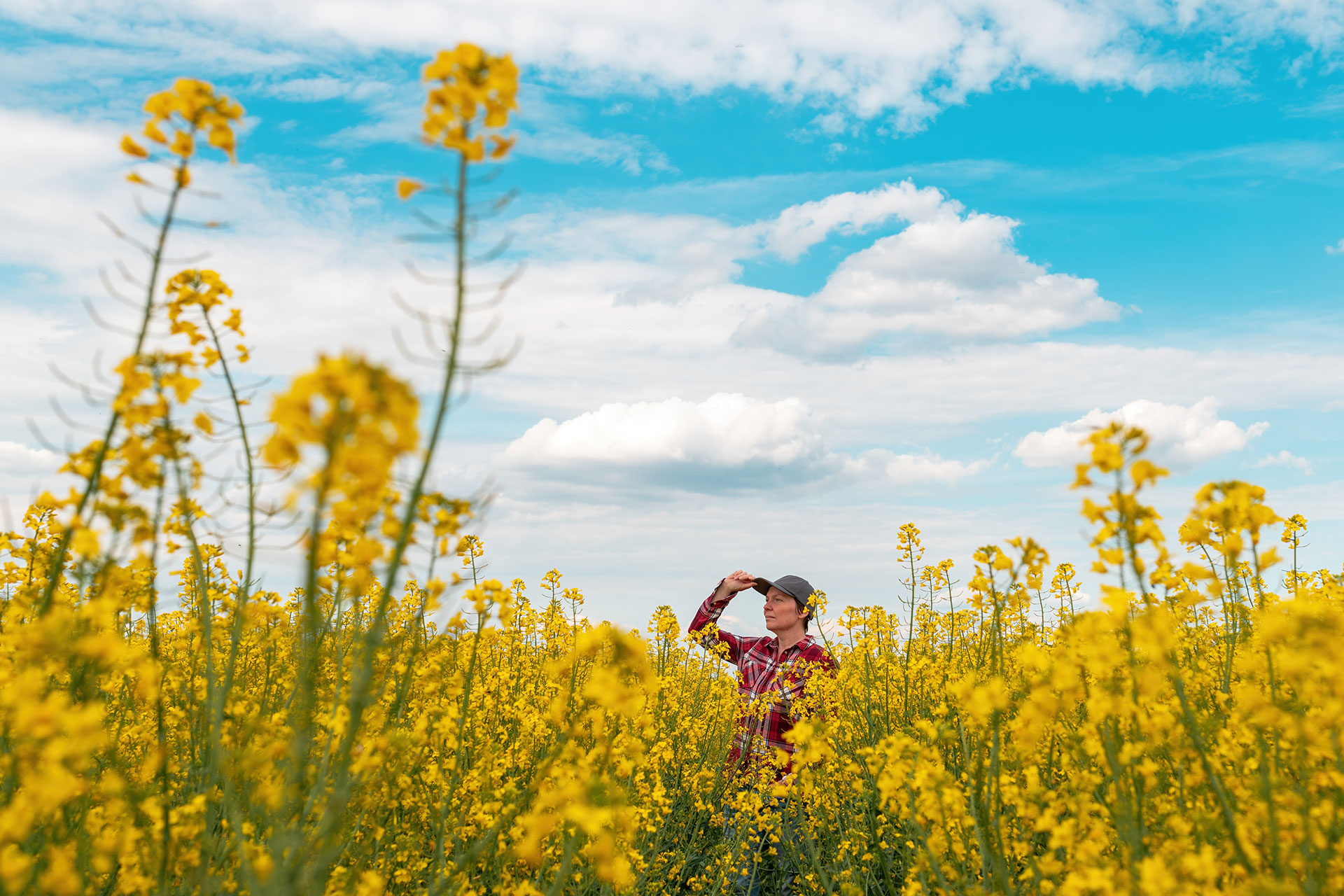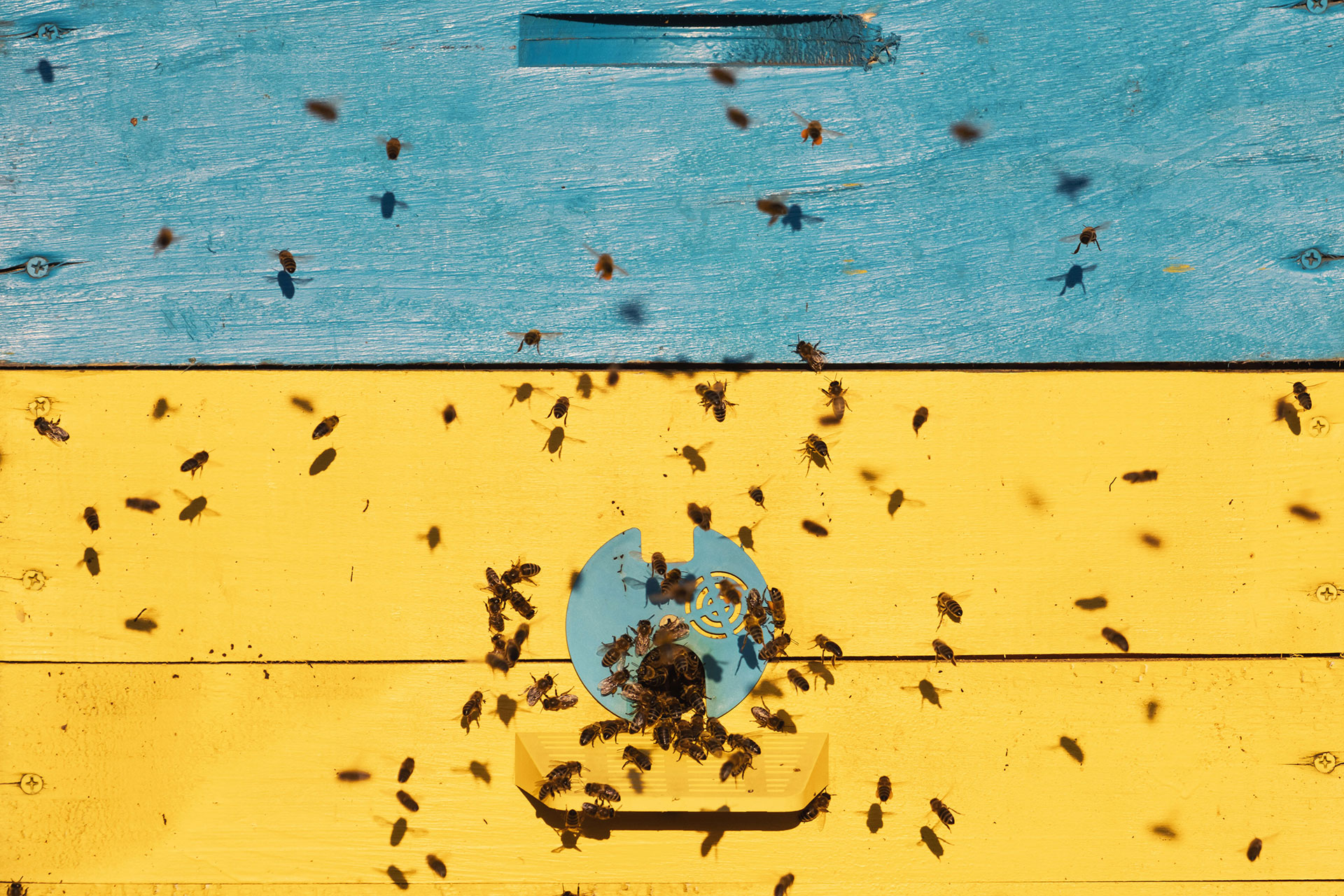
Canola, a beekeeper’s dream
Concern around the health of our bee population has grown in recent years as we come to realize the impact of climate change on this

Sustainably grown in Canada and in demand all over the world, canola is making a positive impact on our economy, in our environment, and in our communities across the country.
Topic

Concern around the health of our bee population has grown in recent years as we come to realize the impact of climate change on this
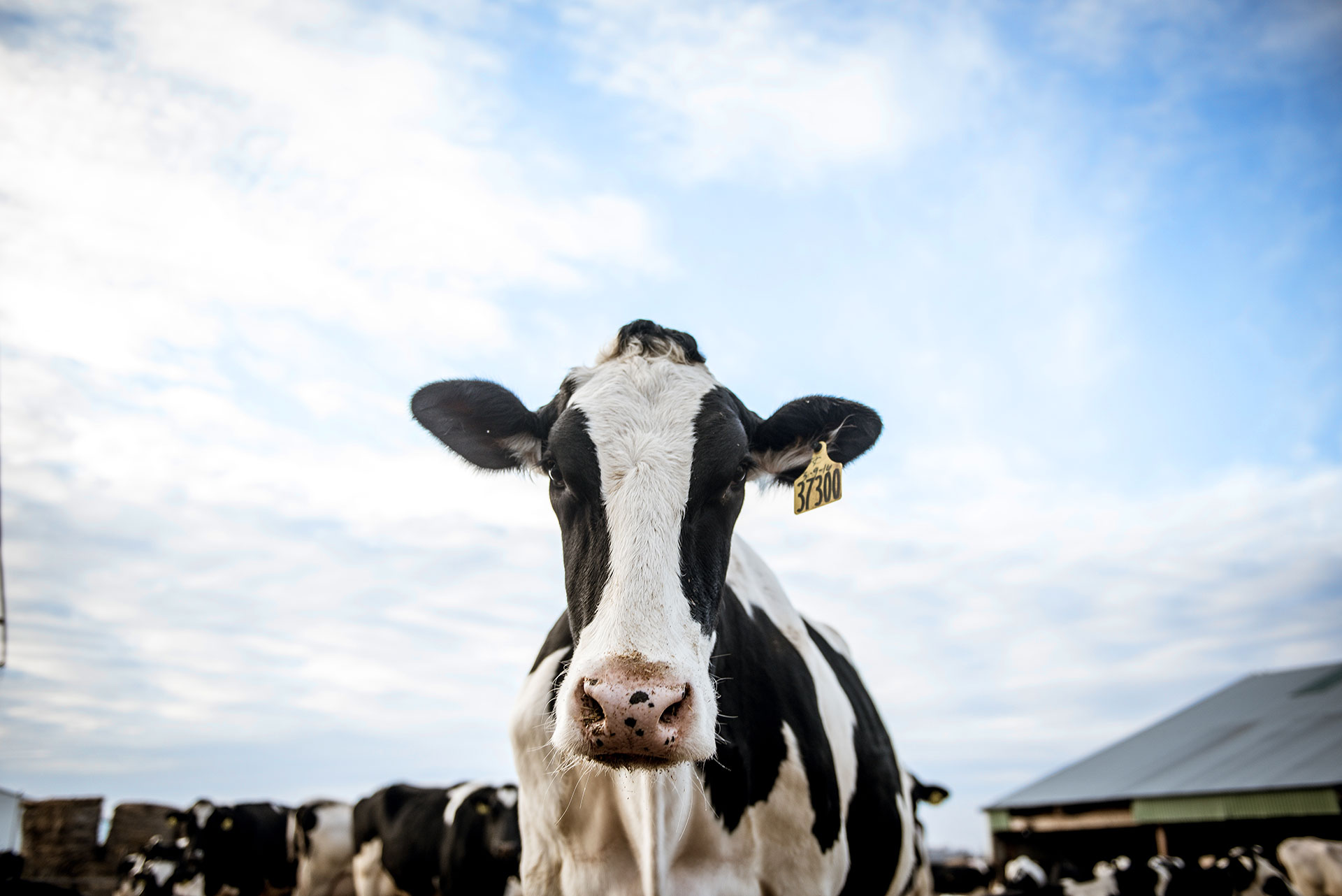
With canola oil leading the charge, canola meal can often be forgotten. However, canola meal has endless potential to be used in food and other
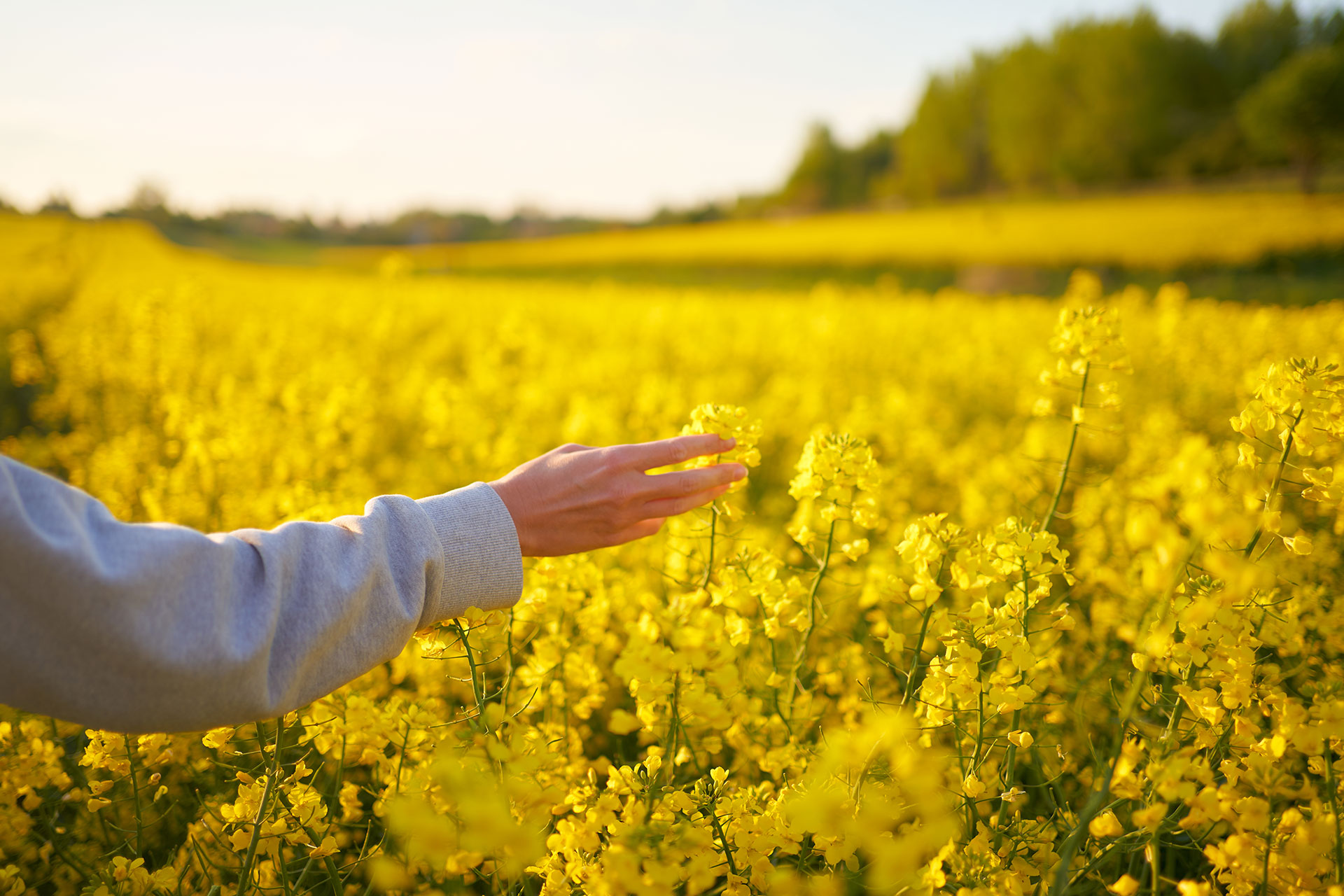
While the impacts and reach of canola are impressive, they can sometimes be difficult to truly understand or quantify. So, what if we looked at
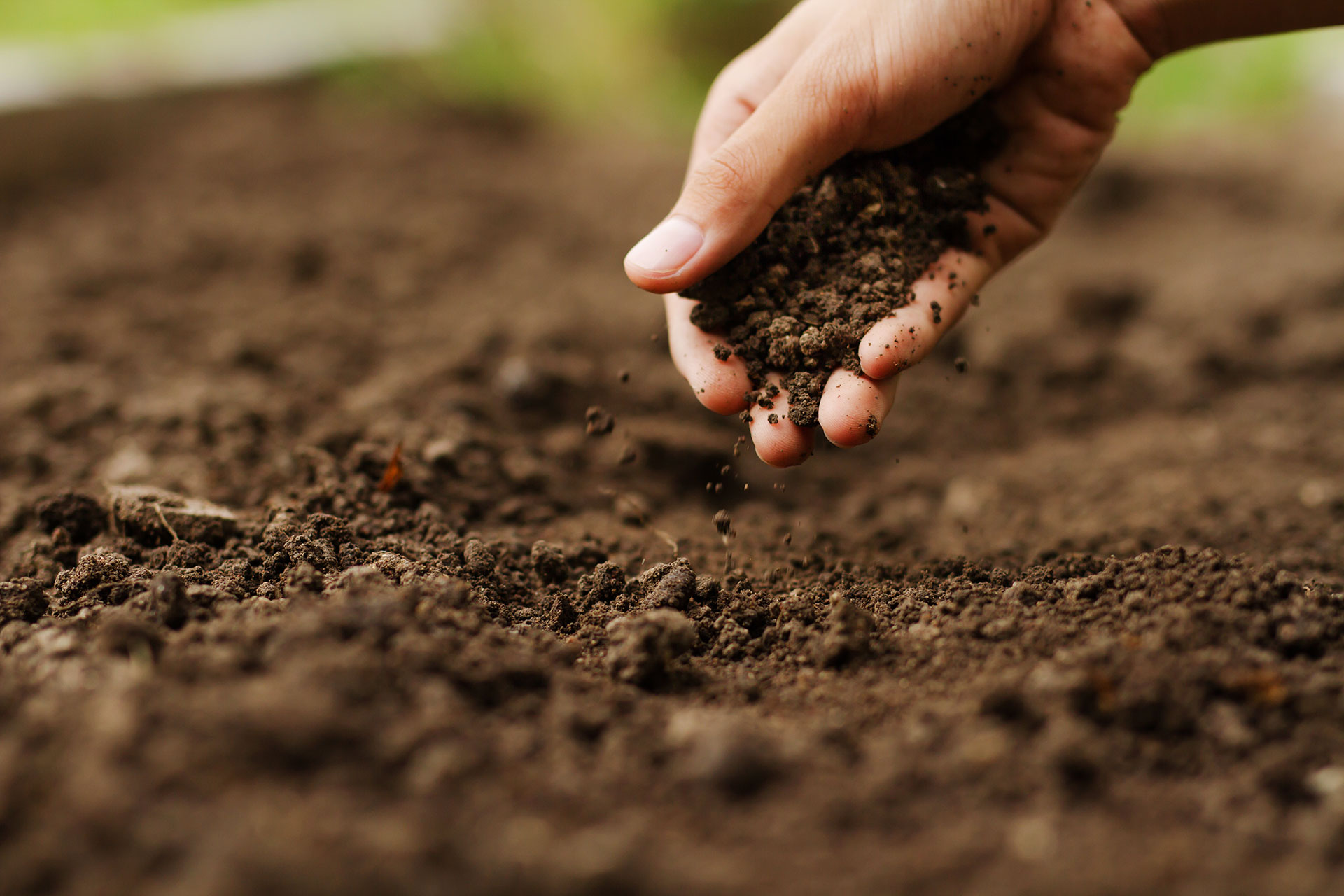
Soil is an essential resource for agriculture, but summerfallow – cropland that is purposefully kept out of production during the growing season – is especially

In addition to benefiting soil and water health, canola also helps reduce the amount of greenhouse gases (GHGs) in the atmosphere. Thanks to its potential
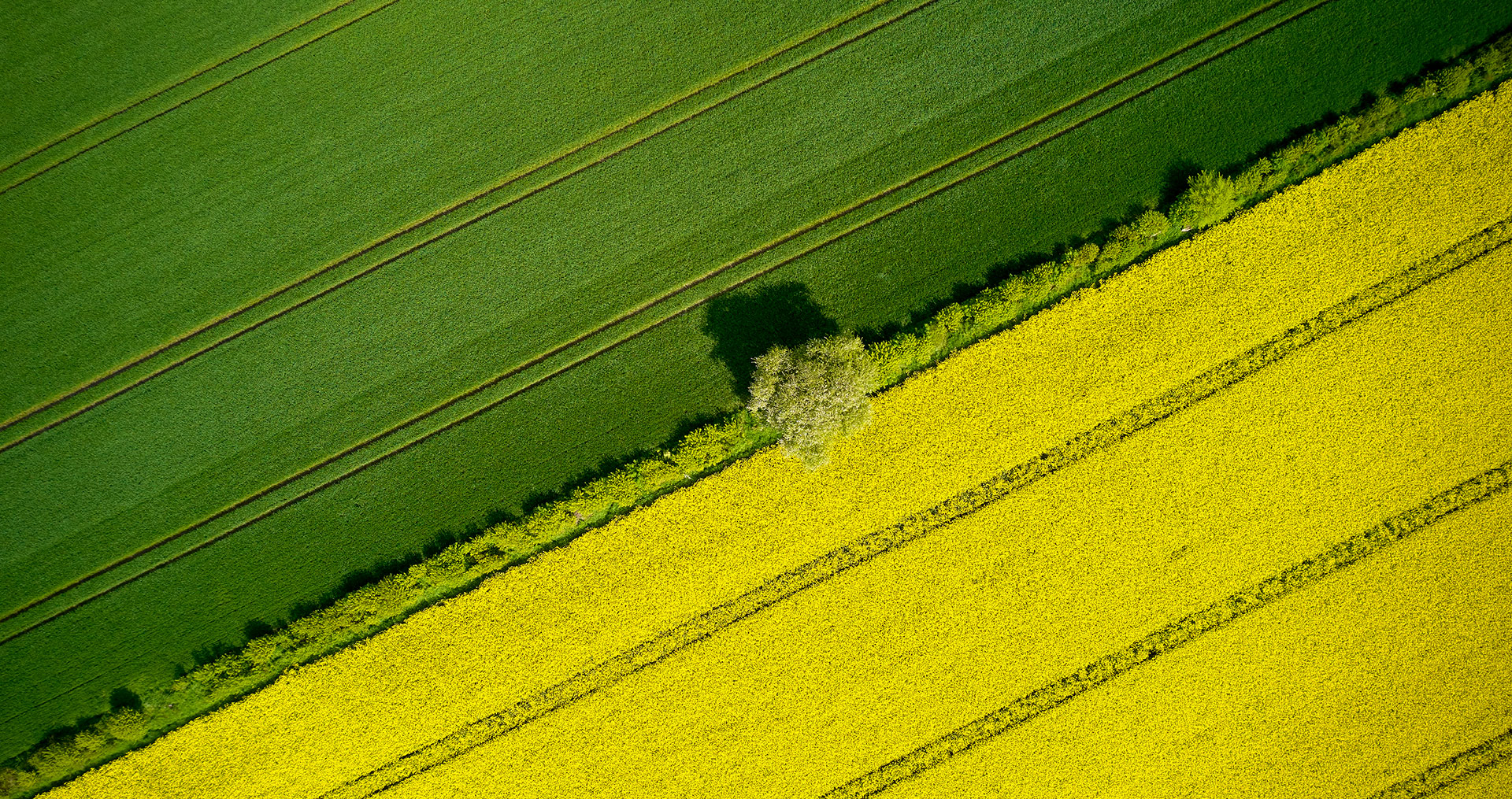
Land use efficiency is all about productivity per acre: generating more food from the same amount of land that is already being farmed.
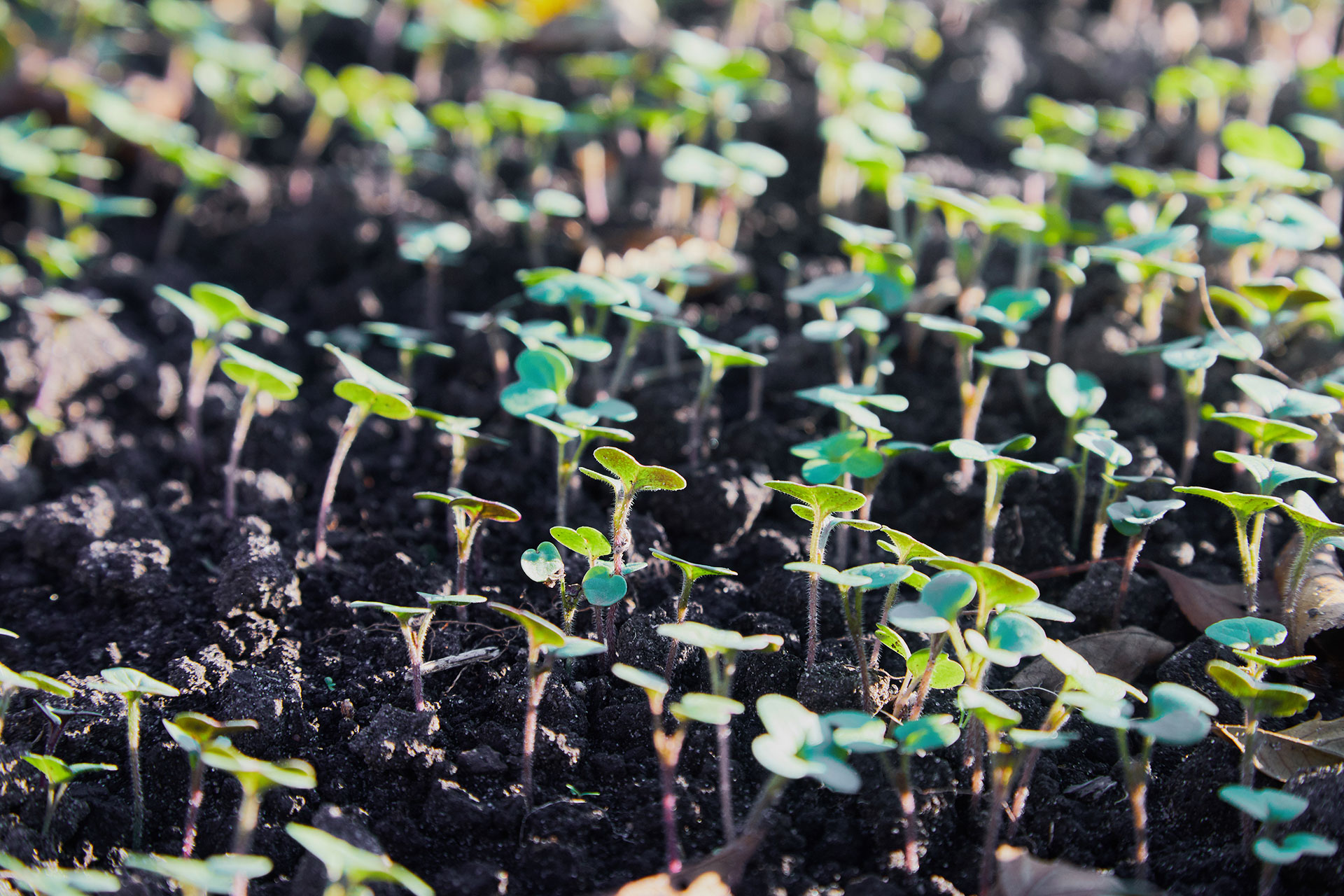
Less tilling means farmers make fewer passes over the field with tractors and tillage implements, reducing fuel and GHG emissions, and improving soil and water
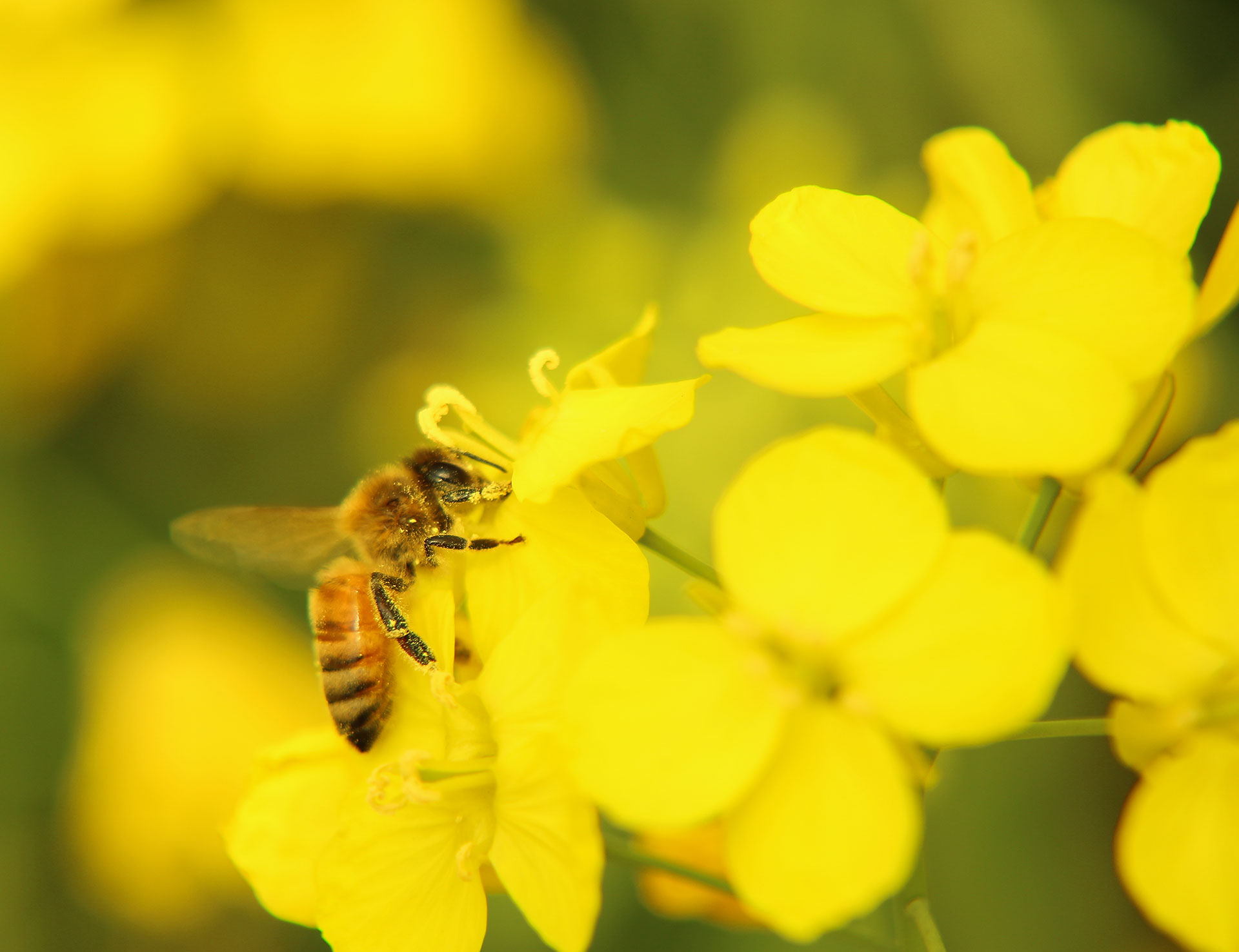
The Canadian Prairies have always been an important source for biodiversity, and the canola crop contributes significantly to maintaining biodiversity on the Prairie landscape.

Since the 70s, we’ve continued to improve our seeds to minimize our environmental impact and maximize production.

Just like us, plants have basic needs that must be met for them to survive. We feed plants nutrients like nitrate and phosphate fertilizers to
When you get to know Canadian Canola, you just might fall in love.
